
My novelette, An Illicit Mercy, is part of a new promotion in March, SciFi and Fantasy MegaGiveaway.
Check out nearly 90 novels, excerpts, and short stories, available for free.
My latest novelette, “In the Country of Free Men,” appears in Boundary Shock Quarterly 25: Gulliver’s Other Travels:
In this thrilling tale, Granuaile Moore, the great-granddaughter of Lemuel Gulliver, travels to the mysterious Moon. There, she gets caught up in an adventure beyond her wildest dreams.
When her scout flyer is attacked and destroyed, Moore finds herself at the mercy of the cruel ruler known as the Drummer. Imprisoned in his decaying palace, she befriends Tichollo, a young servant boy, and hatches a desperate plan to escape back to Earth.
Pursued by the Drummer’s soldiers, the two race across a bizarre lunar landscape in a bid for freedom. They must reunite with the island-ship Lemuel II, if it's still there!
Moore’s quest to explore new worlds has led her into grave danger. But with courage and cleverness, she might live to sail the skies once more.
Spaceship Fortune Declares an Emergency
Get your FREE copy of Children of Alphas Prologue by Diana Fedorak.
A sneak peek at Children of Alpheios.
When Nina evacuates the spacecraft Fortune, she's forced to reckon with drastic changes after being plunged into an unknown world.
This updated 2nd edition contains an exclusive prologue with a new map and scenes for the award-winning novel, Children of Alphieos. Enjoy a preview of this unforgettable dystopian story about a young mother who fights a biotech corporation to save her son when he's born with an exceptional DNA anomaly.
Club Codex is reading and discussing the Prometheus Award-winning novel “Cloud-Castles” by Dave Freer through March 16.
Here’s my post on Chapters 14-20:
“The outback is where "Cloud-Castles" really comes into its own. I appreciate the loving detail with which Freer has created both the ecology of Sybil III's floating plants, and the society of the outbackers. Augustus also responds well to the outback, where he has at last found his people. Here is a society which respects his savant ingenuity, and protects him against the potential consequences of his tunnel-vision. Briz's story is getting more interesting, too. I'm looking forward to how she resolves the conundrum she's created for herself.”
If you’ve read or are reading this novel, please share your thoughts in the following thread:
Click here for more details about Club Codex in 2024. Please join us!
In the nearly three years since I launched The Cosmic Codex, I’ve reviewed ten science fiction works: five short stories, three books, a graphic novel, and a role-playing game. I plan to write more reviews, but I’ve realized I need a fair and constructive framework for doing so. This is the only way I can do justice to other writers when commenting on their work.
Damon Knight
Recognizing this need, I chose to read Damon Knight’s 1956 collection of sf criticism, In Search of Wonder. In his introduction to the first edition, author (and critic in his own right) Anthony Boucher credits Knight with “…introduc[ing] criticism into professional magazines…”1 By “professional magazines” Boucher means professional science fiction magazines. He explains what he means by “criticism” as follows:
“The critic attempts to measure the work by more lasting and more nearly absolute standards, to determine its place, not for the read of the moment, but for the cultivated mind viewing the entire art of which this work forms a segment.”2
Knight himself had a “credo” for reviewing science fiction, which he reiterates in Chapter 2 of In Search of Wonder.
As a critic, I operate under certain basic assumptions, all eccentric, to wit:
That the term “science fiction” is a misnomer, that trying to get two enthusiasts to agree on a definition of it leads only to bloody knuckles; that better labels have been devised (Heinlein’s suggestion, “speculative fiction,” is the best, I think), but that we’re stuck with this one; and that it will do us no particular harm if we remember that, like “The Saturday Evening Post,” it means what we point to when we say it.
That a publisher’s jacket blurb and a book review are two different things, and should be composed accordingly.
That science fiction is a field of literature worth taking seriously, and that ordinary critical standards can be meaningfully applied to it: e.g., originality, sincerity, style, construction, logic, coherence, sanity, garden-variety grammar.
That a bad book hurts science fiction more than ten bad notices.3
The third point is the most important. Serious authors of sf should take the phrase “science fiction is a field of literature” to heart. I expect most authors want their work to be entertaining, and there is nothing wrong with science fiction written purely for entertainment purposes. But stories and novels which aspire to more than just entertainment are what give our genre a place in the conversation of scientific and cultural ideas. Authors who desire to be part of that conversation should accept “ordinary critical standards.” As should all authors, even pure entertainers, who want to build and maintain an audience.
James Blish
This accords with the view of James Blish, another sf critic from Knight’s era. Blish wrote his criticism under the pseudonym “William Atheling, Jr.” In a column reprinted in his 1964 collection The Issue At Hand, Blish gives his definition of sf criticism:
“The function of the critic in this field, as it is in others, is two-fold: First of all, he must ask that editors and writers be conscious of the minimum standards of competence which apply in the writing of all fiction; secondly, he must make reasonably clear to his non-professional readers what those standards of competence are.”4
Blish goes on to distinguish between what he calls the destructive and constructive sides of criticism.5 By “destructive,” he means pointing out flaws in the work that might discourage others from buying or reading it. He uses the term “constructive” to denote positive assessments which might lead to greater success for the author.
Blish also cites as a principle failing of poor sf criticism “…a crippling desire not to hurt anyone’s feelings.”6 This is a matter of some importance to him. His discussion of Knight’s reviews include the following praise:
”Their principle virtue is that they are utterly merciless—a quality which, of course, is not of much use if it is not implemented by the sharpest kind of perception; luckily, Knight has both.”7
It would be easy to conclude Blish was only interested in throwing stones at others for their shortcomings, except for one extenuating fact. Among the works subjected to the (at times quite sharp) criticism of William Atheling, Jr. were those of…James Blish.
Consider the following excerpt from Blish’s pseudonymous review of his own story “A Case of Conscience”:
“Almost the whole text of the story, which runs to about 25,000 words, is devoted to the problem, its background, its implications, the lines of reasoning involved in making a decision, and the nature of the decision itself. Though several things ‘happen,’ there is no action as such in the yarn, and most of the drama is dialectical. Part of the length of the story is contributed by sheer physical description of the planet, in which the author indulges so extensively as to delay telling the reader the story’s central problem until he is nearly two thirds of the way through it—and probably losing two thirds of his readers in the process…”8
SF author and critic Algis Budrys credits Knight and Blish (in his Atheling persona) with defining early science fiction criticism,
“In sometimes contentious company with Damon Knight, William Atheling, Jr. was the science fiction critic who transformed the reviewer’s trade in this field.”
Samuel R. Delany
In 1977, science fiction author Samuel R. Delany changed the criticism landscape again with his essay collection The Jewel-Hinged Jaw.
Regarding certain considerations, he agrees with Knight or Blish. Take, for instance, basic literary competence:
“Slapdash writing, sloppiness, and vulgarity…are, no matter how you catch them, fat, diseased lice.”9
“Sometimes writing is good in spite of sloppiness.
It is never good because of it.”10
Or the responsibility of a critic to be honest in their criticism:
“I have run across a fair number of ‘corrupt’ critics—that is, critics who praise worthless writers for nonexistent reasons.”11
But Delany goes beyond these concerns to explore what he calls, in the subtitle of The Jewel-Hinged Jaw, “the language of science fiction.” He contends the unique nature of sf consists not in its subject matter (its “content”), but in its “style.” He even goes so far as to say “‘content’ does not exist.”12 A bit earlier in the text, he makes this claim in a more qualified fashion:
“Put in opposition to ‘style,’ there is no such thing as ‘content.’”13
What Delany seems to mean here is science fiction writing is an exercise in evoking an insightful and meaningful response in the reader. The writer speaks to the reader in a science fictional language they both understand, in an attempt to create the sort of experience the reader is seeking.
To put it in Delany’s words,
“Content is the illusion myriad stylistic factors create when viewed at a certain distance.”14
The idea of a story’s “content” emerging from its style reflects Delany’s conviction that “[s]cience fiction is not about the future…[s]cience fiction is about the current world—the given world shared by writer and reader.”15 He believes good science fiction uses the interplay of “stylistic factors” to comment on the present: “…anyone who reads or writes SF seriously knows that its particular excellence is [that]…in all the brouhaha clanging about these unreal worlds, chords are sounded in total sympathy with the real.”16
Again, Delany denies this is a function of science fiction’s “content,” but is instead an experience emerging from the interplay of multiple elements:
“There are very few ‘ideas’ in science fiction.
The resonance between and idea and a landscape is what it’s all about.”17
He may be overstating his case. Many sf authors might be surprised to learn the hours of research they have put into their stories’ science were spent in service of an illusion. But there can be little doubt style is of primary importance when enjoying sf and settling on one’s favorite writers. As Delany observes,
SF writers survive entirely as verbally discrete personalities—what are “Bradbury,” “Sturgeon,” “Cordwainer Smith,” “R. A. Lafferty,” “Roger Zelazny,” “Heinlein,” and “Jack Vance” if not essentially the individual narrative tones with which their ideas are put? You’d have to be style deaf to mistake a paragraph of Asimov for a paragraph of Clarke, Phil Dick, Phil Farmer, or Bob Silverberg.18
In addition to the positions taken by Knight, Blish, and Delany, I think there are a couple of best practices for criticism in our Internet era.
First: Kindness
Much popular criticism revels in snark. Social media has given us an abundance of this. I don’t think we need any more. Readers and writers need a clear assessment of what a work gets right and what it gets wrong. They don’t need a critic who uses wit to score points at someone else’s expense. Critics can be “merciless,” as Blish says, by being honest. They can also be entertaining by being good writers themselves. They don’t have to be mean as well.
Second: Tolerance
In a previous article, I acknowledged my debt to Roger Ebert as a critic. I used to think I needed to come up with some version of “thumbs up” and “thumbs down.” I now realize that’s a mistake in this era. The vast number of differing opinions online make it clear any work of science fiction will have its fans—whether or not I happen to think it’s good. Dictating my own opinion to others may just annoy them and cause them to stop reading my work. My personal evaluation of a work’s positive and negative qualities is enough. Readers can make up their own minds whether or not they want to experience it for themselves. I don’t need to tell them what to do.
So, what to take away from all this?
As an sf critic, I should be:
Flexible as to what I consider to be “science fiction”
Well versed in the basic qualities of good writing, such as (in Knight’s words) “originality, sincerity, style, construction, logic, coherence, sanity, garden-variety grammar.”
Sensitive to an author’s style and what they may be saying about the time in which they are writing. This includes being willing to overlook some violations of convention as long as they improve, rather than detract from, the reading experience.
Honest in my assessment of the work, including its failings as well as its virtues.
Compassionate in pointing out flaws.
Entertaining without being malicious.
Tolerant of other opinions, implying I should avoid blanket statements about whether others should or should not read the work for themselves.
I’m looking forward to putting these principles into practice, starting next week!
Questions or comments? Please share your thoughts!
Damon Knight, “In Search of Wonder,” Advent:Publishers, 2014, eBook Location 73
Damon Knight, “In Search of Wonder,” Advent:Publishers, 2014, eBook Location 56
Damon Knight, “In Search of Wonder,” Advent:Publishers, 2014, eBook Location 376
James Blish, “The Issue at Hand,” Advent:Publishers, 2014, eBook Location 118
James Blish, “The Issue at Hand,” Advent:Publishers, 2014, eBook Location 120
James Blish, “The Issue at Hand,” Advent:Publishers, 2014, eBook Location 298
James Blish, “The Issue at Hand,” Advent:Publishers, 2014, eBook Location 303
James Blish, “The Issue at Hand,” Advent:Publishers, 2014, eBook Location 857
Samuel R. Delany, “The Jewel-Hinged Jaw,” Wesleyan University Press, 2009, eBook Location 4761
Samuel R. Delany, “The Jewel-Hinged Jaw,” Wesleyan University Press, 2009, eBook Location Location 4765
Samuel R. Delany, “The Jewel-Hinged Jaw,” Wesleyan University Press, 2009, eBook Location 5040
Samuel R. Delany, “The Jewel-Hinged Jaw,” Wesleyan University Press, 2009, eBook Location 480
Samuel R. Delany, “The Jewel-Hinged Jaw,” Wesleyan University Press, 2009, eBook Location 474
Samuel R. Delany, “The Jewel-Hinged Jaw,” Wesleyan University Press, 2009, eBook Location 493
Samuel R. Delany, “Starboard Wine,” Wesleyan University Press, 2009, p. 2
Samuel R. Delany, “The Jewel-Hinged Jaw,” Wesleyan University Press, 2009, eBook Location 620
Samuel R. Delany, “The Jewel-Hinged Jaw,” Wesleyan University Press, 2009, eBook Location 4903
Samuel R. Delany, “The Jewel-Hinged Jaw,” Wesleyan University Press, 2009, eBook Location 4904



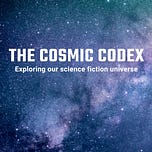


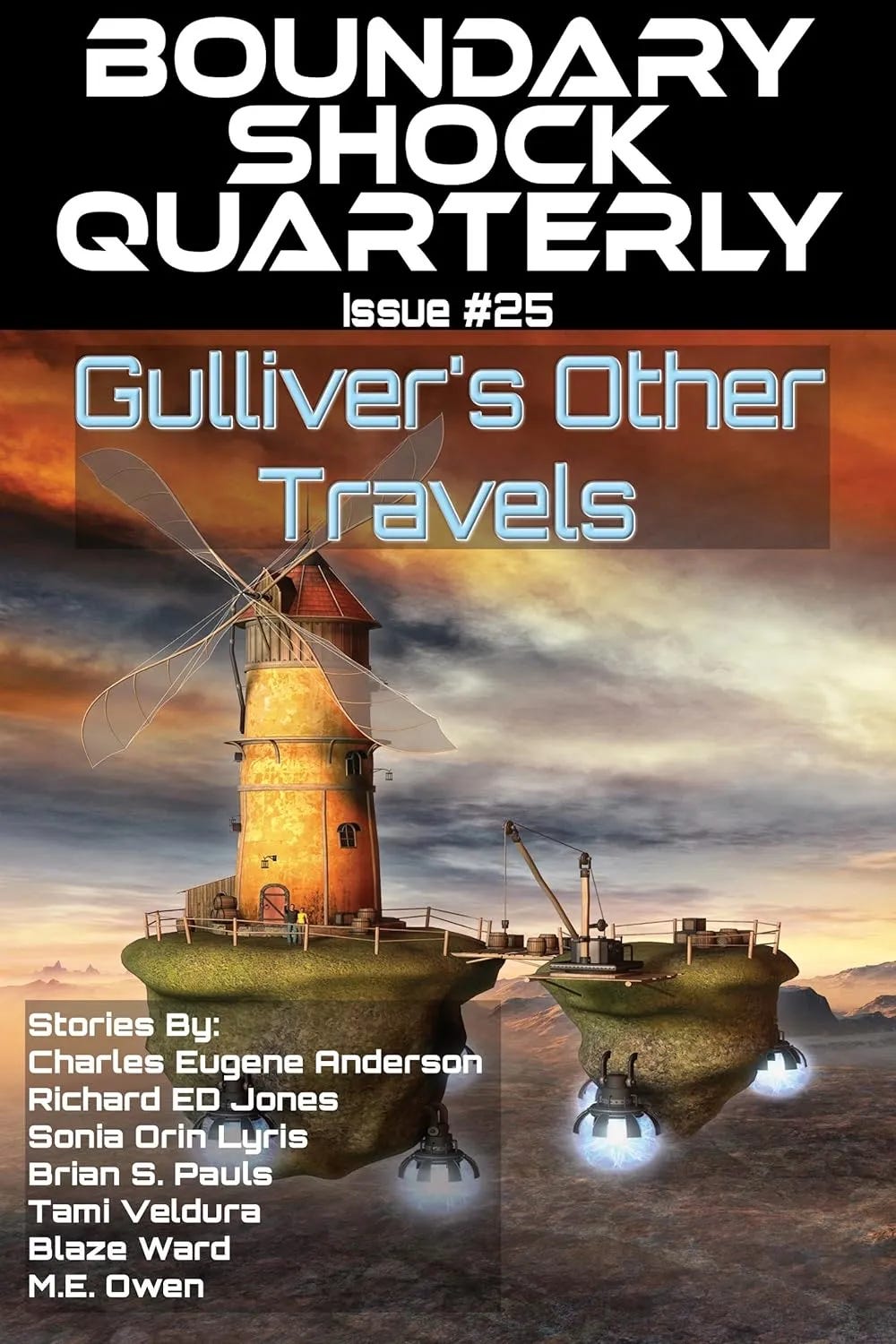

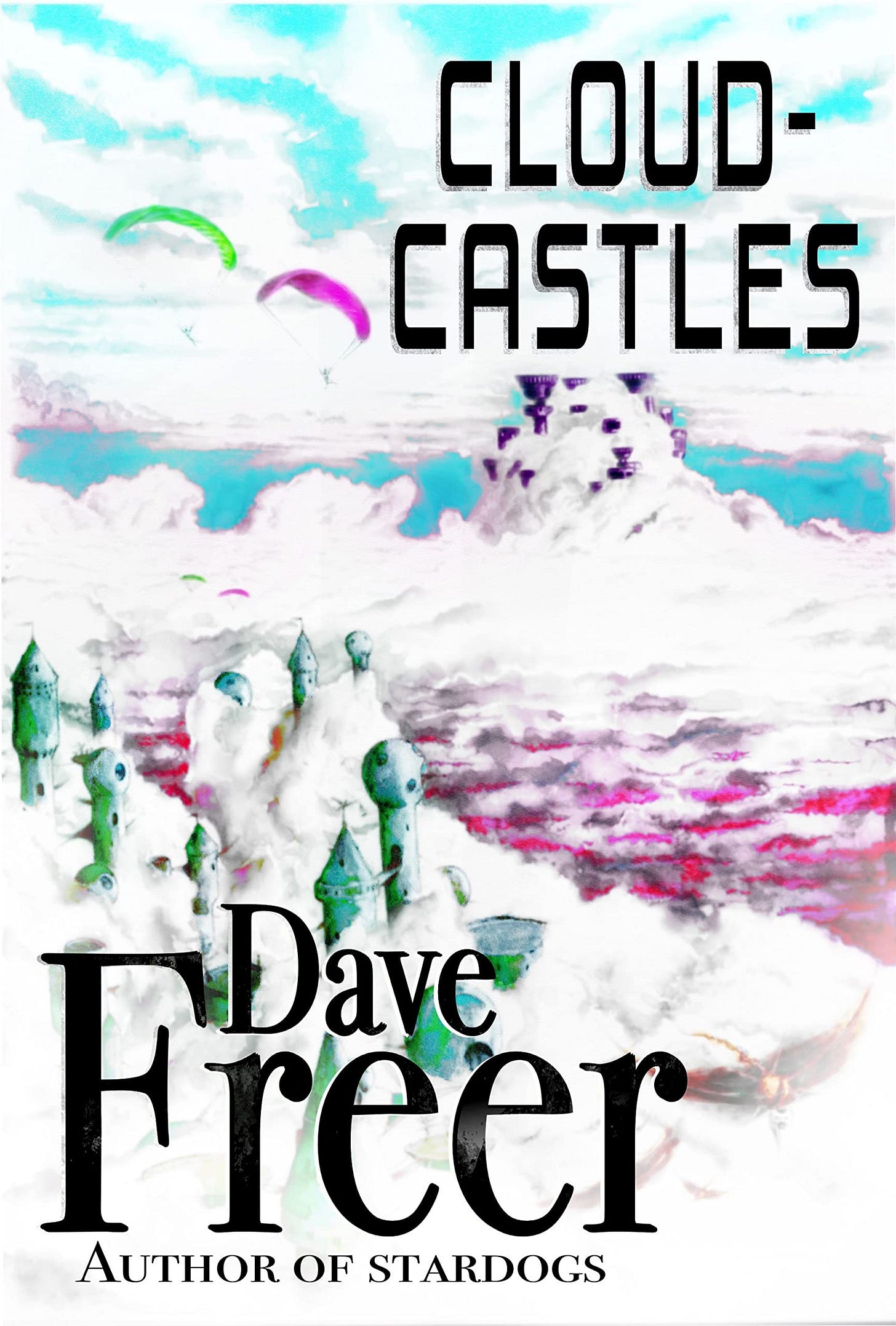





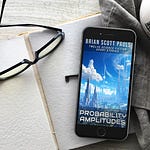
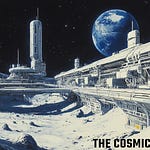

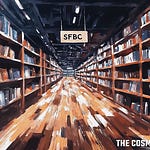
Share this post